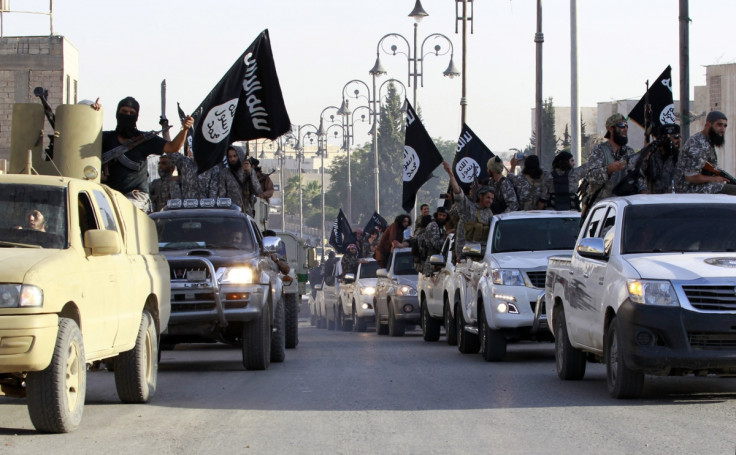Isis: Over 300 Islamic State fighters have returned to Britain sparking fears of Orlando-style attack
Between 300 and 400 Islamic State (Isis) fighters have already returned to Britain from the Middle East, European counter terror officials have said, warning the militants' return could lead to Orlando-style, lone-wolf attacks.
Specific concerns have been trained about the impact of the newly returning fighters' ideology on mentally-unstable individuals, who might threaten "soft targets" in Britain, mainland Europe and in the US.
Bruce Hoffman, a terrorism expert at Georgetown University in Washington, told Reuters news Agency Daesh wished to "overwhelm their enemies with threats that have to be run to ground," with attacks like those carried out in Orlando this month.
The Florida shooter, Omar Mateen, pledged allegiance to the Islamic State on 12 June as he shot and killed 49 at the Pulse Club in Orlando, the worst mass shooting in US history. Experts have asserted Mateen was not directed by Isis but rather acted alone, using the terror group to inspire his hate-filled attack.
US officials have further warned the threat posed by the Islamic State in the Middle East and abroad will not be diminished by their territorial losses over the last year.
Analysts have said while military operations have caused the terror group to lose half its territory in Iraq and 20% in Syria, that the US-backed campaign against it could reignite sectarian tensions and lead to attacks on the west. Seth Jones, an analyst with the RAND Corporation, also told Reuters there were already signs Isis fighters in Iraq are already showing signs of adapting a guerrilla war-style strategy.
"It looks like the areas that the Islamic State has lost, they are generally abandoning, and that would mean preparing to fight another day," he was quoted as saying.
Since May, Iraqi government forces have been driving an advance through the Islamic State-held city of Fallujah, dispersing hundreds of the groups' fighters.

© Copyright IBTimes 2025. All rights reserved.






















